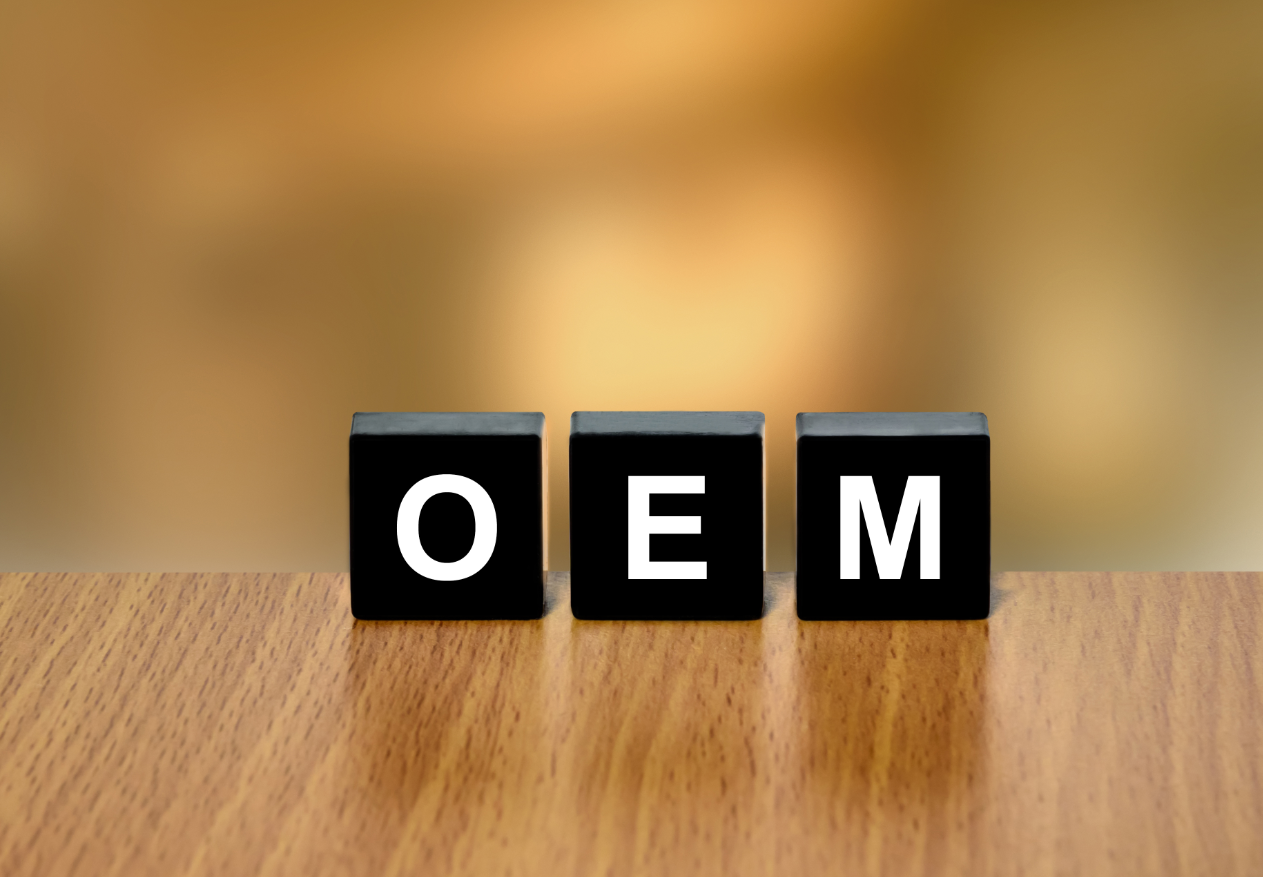UPC Court of First Instance changes procedural language from Dutch to English to ensure fair proceedings | Allen & Overy LLP
On 18 October 2023, the President of the Court of First Instance of the UPC issued an order changing the procedural language from Dutch to English (the language of the patent at issue).
The Court weighed the interests of both the patentee (advocating for proceedings in Dutch) and the defendant (which was the applicant of the application and claimed to have been disadvantaged using the Dutch language), and found that the use of the Dutch language was significantly detrimental to the defendant. This suggests that the threshold for changing the procedural language is rather low, and a significant detriment for a party is already sufficient (but of course all relevant circumstances should be considered). It seems that the Court is not willing to allow that the choice of a procedural language is used by a claimant to create a procedural advantage. If this trend continues (and the procedural language is more often adapted to English), this could potentially lead to a more balanced distribution of cases across the local divisions.
The order that was issued by the President of the Court of First Instance concerned a request by Arkyne Technologies S.L. (Arkyne), the defendant in a patent infringement action brought by Plant-e Knowledge B.V. (Plant-e) before the Local Division of The Hague, to change the procedural language from Dutch to English. Arkyne argued that using Dutch as procedural language would cause them disproportionate and unnecessary financial burden, since as a small Spanish company they would have to bear all translation costs, while Plant-e as an international company is using English as working language. They also argued that English would be more appropriate, as the patent at issue was granted in English and the parties had communicated in English before the litigation. Plant-e opposed the request, claiming that Arkyne would not suffer any disadvantage other than financial (in the form of limited translation costs), which would not be disproportionate. Plant-e also argued that as a claimant it has the option to choose the language in which he wants to litigate, and that Dutch was more obvious as both parties and their representatives were Dutch and parties were acting before a Dutch local division of the UPC.
The Court decided to grant Arkyne’s in light of Article 49 (5) of the UPC Agreement (UPCA), which article allows the Court to change the procedural language (upon request) into the language of the patent on grounds of fairness and taking into account the circumstances, including the position of both parties. The Court considered that both parties had a sufficient command of the English language, and that the interests of Plant-e would not be affected by the switch, since they had already provided an English translation of their statement of claim. The Court also clarified that a decision in light of Article 49 (5) UPCA to change the procedural language depends on the balance of interests involved, and does not require to constitute a disproportionate disadvantage for the other party. The Court acknowledged that being sued in a foreign language that one does not master is an important inconvenience, even if such party is assisted by Dutch representatives.
The Court ordered that the language of the proceedings be changed to English, and that Plant-e bear the costs of the translation of the statement of claim and any other documents already filed in Dutch.
Read more insights at our UPC hub.






